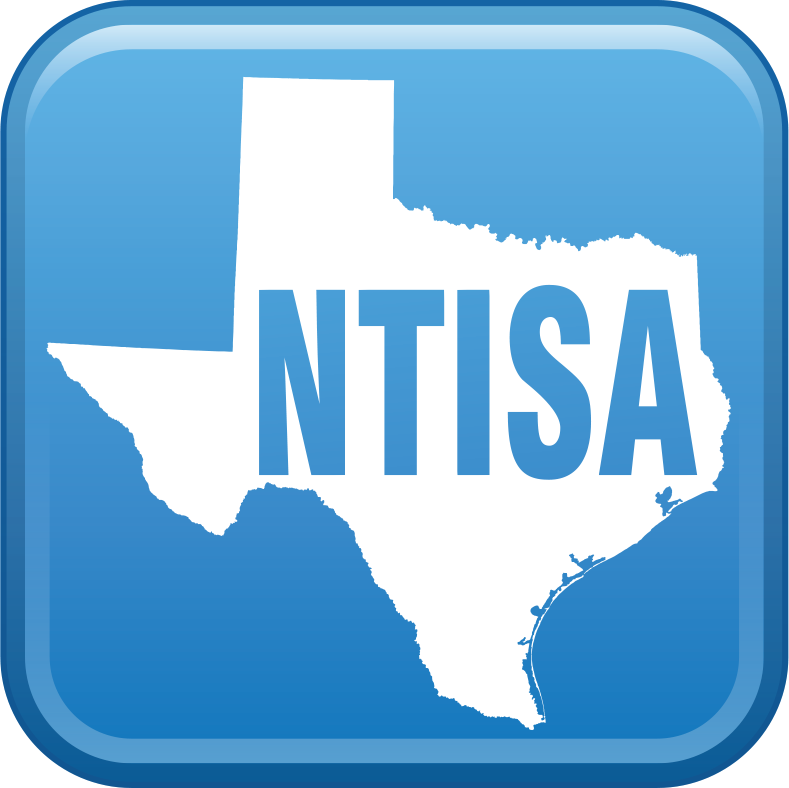End of Year Charitable Donation Appraisals
The months of November and December for a personal property appraiser are much like the months of March and April for a CPA in terms of last minute business. Many appraisers find themselves under deadlines with clients needing charitable donation appraisals for year-end tax deductions. Taxpayers can be suddenly scrambling to donate outdoor sculptures to public institutions, paintings to museums, rare books to libraries and antiques to historic homes. If you are among those taxpayers who wish to donate an item or items before December 31 of this year, here are a few things to consider.
A taxpayer must obtain an appraisal if they are claiming more than $5,000 for a single item or for a group of similar items that amount to $5,000. If the donated amount for an item or group of similar items exceeds $20,000, a written appraisal must accompany the tax return along with a completed US tax form 8283. In addition, the appraiser must sign the 8283, part III B, under the declaration as well as fill out appropriate data.
Appraisals submitted to the IRS must be performed by a qualified appraiser. An appraiser is considered qualified by the IRS when they have earned an accreditation designation within their subject field from one of the recognized professional personal property appraisal organizations or have met the minimum requirements set forth by the Appraisal Qualification Board (AQB). Minimum requirements for a qualified appraiser include:
- Testing and passing a comprehensive examination after 120 hours of appraisal methodology and theory courses which include an initial 15 hour USPAP (Uniform Standards of Professional Appraisal Practices) course followed by a 7 hour course every 2 years.
- 1,800 hours in personal property appraisal development and writing experience of which 900 hours should be in the appraiser’s specialty area OR 4,500 hours of market experience.
- 70 hours during a 5 year period of continued education in personal property appraising and product knowledge for credential renewal.
An appraiser must have education, product knowledge and work experience in the area they are appraising with a charitable donation. They must be able to clearly demonstrate it in a professional profile provided within the appraisal and with a “Qualified Appraiser’s Statement” provided within the cover document portion of the appraisal. Taxpayer’s should review an appraiser’s qualifications before hiring and compare several appraisers before making a final choice of which one to choose in order to make sure they are using the most qualified appraiser for the assignment.
In addition to the above requirements for minimum education and experience, the IRS requires a charitable donation appraiser to be one whom regularly preforms appraisals and is paid for their services. They do not accept appraisals from dealers or auction houses which occasionally preform appraisals or who give free appraisals. The appraiser chosen can’t have been prohibited by the IRS for any reason for preforming charitable donations, nor can they be a party to the transaction, employed by one of the involved parties or a family member of any of the involved parties.
The timing of your appraisal and hiring of your appraiser is important. The appraisal should not be done earlier than 60 days before the contribution. This contribution date, the date the transfer of the property actually takes place, is the effective date of the valuation. The taxpayer should leave plenty of time for all parties to complete their portion of the transaction. An appraiser needs adequate time to thoroughly inspect and photograph a donated item, research comparable information for fair market value, prepare a written report with images and have all IRS forms completed and signed. If a taxpayer is deciding upon a December 31 donation, beginning in November is not too early to begin working with an appraiser. The appraisal can be done after the contribution, but often there is a problem with inspection details and knowing the condition of the item at time of contribution.
As with any other hiring situation, be sure to check references and the background of your appraiser. Hiring the most qualified appraiser for your donated property will make the process enjoyable. The Dallas Fort Worth area has an abundance of qualified personal property appraisers in all fields of collectibles whom have been trained and tested in appraisal methodology and theory with the International Society of Appraisers. ISA is one of the top three professional appraisal organizations in North America and Canada. Taxpayers are welcome to visit http://www.isaappraisers.org for a complete listing of qualified appraisers in their area to help with their charitable donation appraisal needs.
